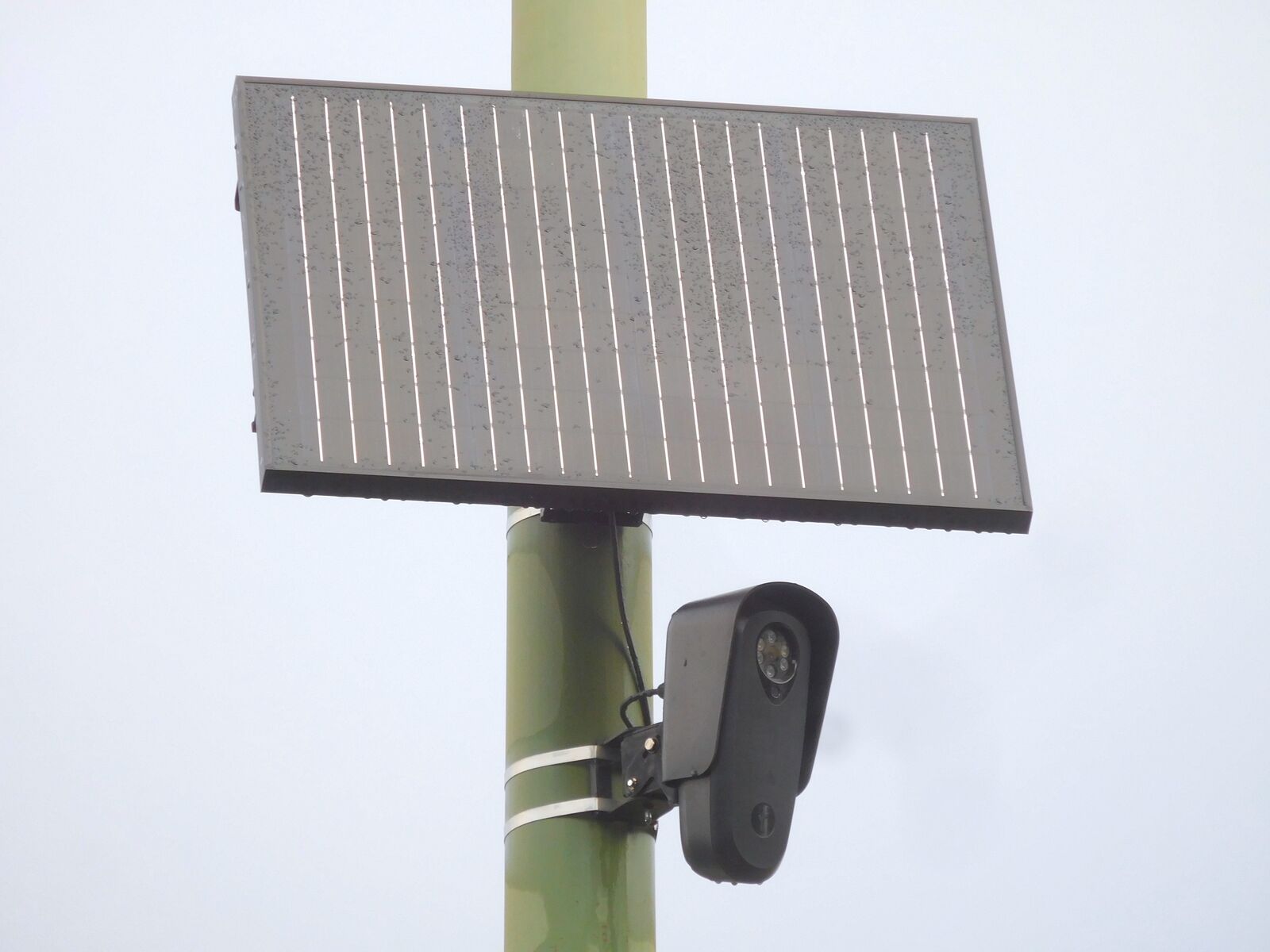Arthur Besse
cultural reviewer and dabbler in stylistic premonitions
- 260 Posts
- 581 Comments

 11·1 天前
11·1 天前Would be easier to know how old a kernel release is without looking it up.
I concur, but it would be much easier to make the major version the current year (as many projects do, and Linux should imo) rather than the whole project’s age at the time of a release.
Linux is only 34 years old, btw.

 412·2 天前
412·2 天前Oh come on, you don’t really believe that Nazi shit, do you?
 4·6 天前
4·6 天前yeah, but i don’t understand why this site isn’t republishing in full all the files they’ve obtained and instead is only making the data available to query through them
 13·6 天前
13·6 天前in b4 haveibeenhaveibeenflocked.
they have a list of their current collection of 239 .csv files but sadly don’t appear to let you actually download them to query offline

 21·8 天前
21·8 天前Did you miss that OP mentioned they’re blind?
Here is that image you posted, but with manually-written alt text added.
(I don’t usually do this when adding alt tags but in this case I also added the same text as a title/tooltip to make it also easy to read for users without a screen reader. Apologies to screen reader users that this probably causes you to hear the description twice.)


 717·8 天前
717·8 天前see also: Conscription of people with disabilities. It’s ongoing in present-day Ukraine.

 101·10 天前
101·10 天前it was about this photograph

Of course I went to the wikipedia article to get a link the actual image to post here, but, to answer your question: yes I did in fact remember what the photo looks like without looking it up.
I’d forgotten that the term was coined by Mike Masnick, though.
your commitment to the bit is truly laudable 🤣
how about we just try it first
😭
when this is over […] we can finally go back


 3·11 天前
3·11 天前I think you misunderstood me
Go ahead and post the same link for Google job listings. I’ll wait.
My comment was in response to your comments (bolded below) in this thread:
I was already thinking of getting a Linux phone next, this is helping to seal the deal. Fuck Apple the genocide enablers.
please do explain how Apple is doing anything here. If Israel wants to provide their military with iPhones they’re going to no matter what Apple does.
They don’t have to do business with/in Israel.
That still will not stop a nation state (especially Israel) from getting their hands on Apple devices.
My point was not to say that Google is better than Apple here - in fact, unlike Apple (as far as I know), Google has actually built AI tools specifically tailored for Israel’s genocidal business requirements.
My point is that if Apple wanted to boycott a country (which in the case of Israel they obviously don’t, which job listings at their R&D centers are just one of many points of evidence of) it would actually make it difficult-to-impossible for any substantial part of the boycotted country’s government to rely on using iPhones.
(Unlike Android derivatives which can easily be used without direct reliance on Google’s services…)
As an aside, while I would not use iOS (due to it being proprietary), it is hard to dispute that (for most adversaries, at least) compromising it is generally much more expensive/difficult/unlikely than Android. So, given that Apple is very friendly to them, the IDF’s policy decision to use iPhones makes sense.

 81·11 天前
81·11 天前Physically obtaining the devices is insufficient; they need ongoing software updates and other network services too.
The IDF could/would absolutely not be doing this if they did not trust that Apple is a very committed partner.
You can also observe from Apple’s job listings that they are.
YSK: lemmy growth passed the appealing-to-spammers threshold a long time ago; please do report spam to help mods/admins see and delete it

 122·17 天前
122·17 天前A few lists of javascript WTFs:
- https://javascriptwtf.com/
- https://github.com/denysdovhan/wtfjs
- https://wtfjs.com/ (last updated 2016 but most of these things can/will never be fixed)
To anyone who thinks they know JS well and that its quirkiness is not a problem, let me know how you do on these quizzes:
Don’t do this stupid shit. Advocating for violence like this
I’m curious, did you read about Don Chafin before posting this comment?
check out the song too: Hang Don Chafin



























I can’t really imagine a benefit to
--autoremoveexcept for keeping old packages a bit longer before removing them.Eg, if you run
apt --update --autoremove upgrade -yonce a day you’ll keep your prior-to-currently-running-version kernel packages a day longer than if you ranautoremoveimmediately after each upgrade.To make things more confusing: the new-ish
apt full-upgradecommand seems to remove most of whatapt autoremovewants to… but not quite everything. 🤷